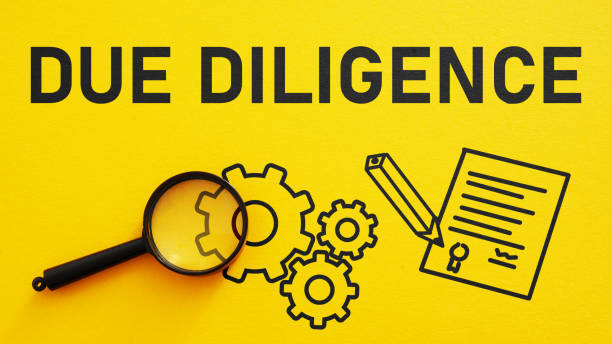Due Diligence Decoded: Insights from In-House Counsel at Boston Program
December 20, 2024
The world of mergers and acquisitions (M&A) in FDA-regulated industries is a complex landscape, fraught with regulatory hurdles and potential pitfalls. To navigate this challenging terrain, Gardner Law recently hosted an in-person program in Boston, "Due Diligence Decoded: M&A Success in FDA-Regulated Industries," bringing together industry experts and in-house counsel to shed light on the intricacies of this process.
The program featured insightful presentations on critical topics such as navigating FDA regulations during due diligence, understanding the DOJ's M&A Safe Harbor, assessing cybersecurity risks, and the implications of the Loper decision.
One of the highlights of the event was a dynamic panel discussion moderated by Mark Gardner, Founder and Managing Partner of Gardner Law, featuring Alan Carlton, Division General Counsel, Medical Device at Fujifilm, and Irina Ridley, Chief Legal Officer at Aerin Medical. Watch the full panel discussion here.
The panel dove deep into the evolving role of legal counsel in M&A due diligence, moving beyond a traditional transactional role to become strategic advisors and partners.
"I think that with the increasing evolution in terms of enforcement and focus, legal's role as quarterback is really moving to partnering, more active partnering," Carlton explained. "So, certainly, I think we still serve as a focal point to organize the diligence effort and pull it all together. But also, I think we serve now as a more active partner, particularly with our regulatory teams, certainly with our employment teams, to help go through the material and identify where the red flags might be and work with our partners."
This shift necessitates a deeper understanding of the target company's business, potential risks, and the evolving regulatory landscape. Counsel are now expected to proactively identify potential issues, collaborate with various internal teams, and engage experts when specialized knowledge is required.
Ridley emphasized the importance of early involvement: "Please involve me early and involve me often. You know, I think it's with all of the evolving infrastructure and landscape, I think it's even more important that legal plays a pivotal role in that process."
Early engagement allows legal counsel to develop a comprehensive understanding of the transaction, anticipate potential challenges, and contribute strategically to the deal process. This proactive approach ensures that legal considerations are integrated into every stage of the transaction, from due diligence to post-acquisition integration.
The discussion also touched upon the challenges of staying ahead of the curve in an ever-changing regulatory landscape. Both panelists emphasized the importance of continuous learning and developing expertise in emerging areas such as HIPAA, OFAC regulations, and cybersecurity.
DOJ's M&A Safe Harbor policy
The panel also explored the complexities of the DOJ's M&A Safe Harbor policy covered by Amanda Johnston earlier in the program.
"The safe harbor is not going to protect the company from liability in terms of civil liability. It's not going to protect against state crimes either," Carlton cautioned. "And by making a voluntary disclosure under the safe harbor, you're also potentially making an admission, thereby really setting yourself up in terms of a liability lawsuit..."
Adding to the discussion, Gardner emphasized the importance of swift action when misconduct is uncovered: "suffice it to say, the best thing you can do is if you've uncovered [misconduct], if you've moved forward with your transaction, shut that down and clean it up as fast as you can."
Navigating the Loper Decision
A portion of the program was dedicated to analyzing the Supreme Court's decision in Loper Bright Enterprises v. Raimondo, which alters the longstanding Chevron deference doctrine. This change has significant implications for FDA-regulated industries, as it potentially opens the door for increased challenges to agency regulations and interpretations.
The panelists and speakers discussed the potential impacts of Loper on M&A due diligence, particularly in relation to interpreting statutes relevant to the technology involved in a transaction. They emphasized the importance of early planning for potential disagreements with the FDA and highlighted how Loper might empower companies to challenge agency authority in certain situations.
While the full implications of Loper are still unfolding, the program underscored the need for vigilance and proactive planning in navigating this evolving legal landscape.
The in-person program provided valuable insights for anyone involved in M&A transactions in FDA-regulated industries.
Contact Gardner Law to learn more.